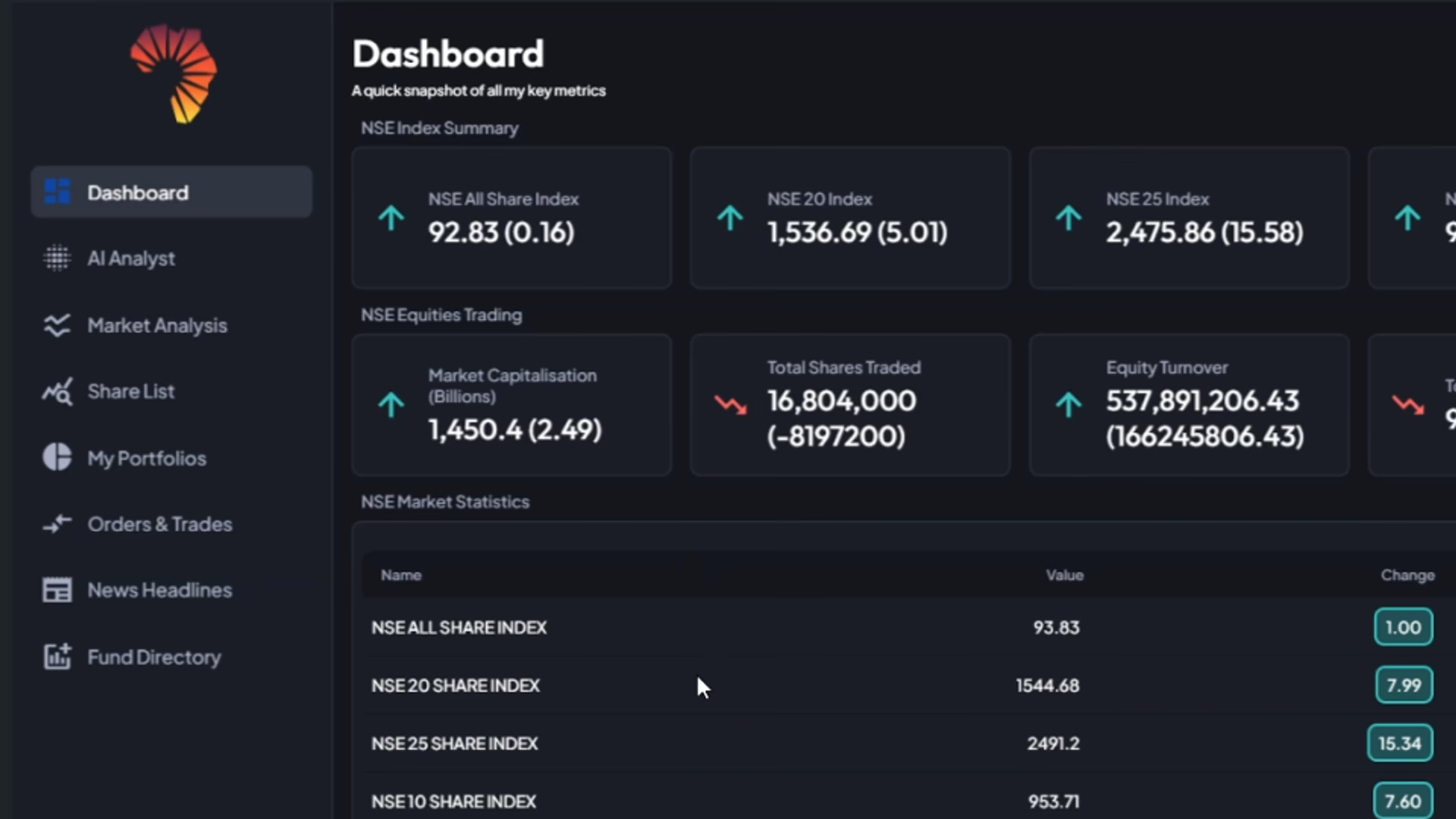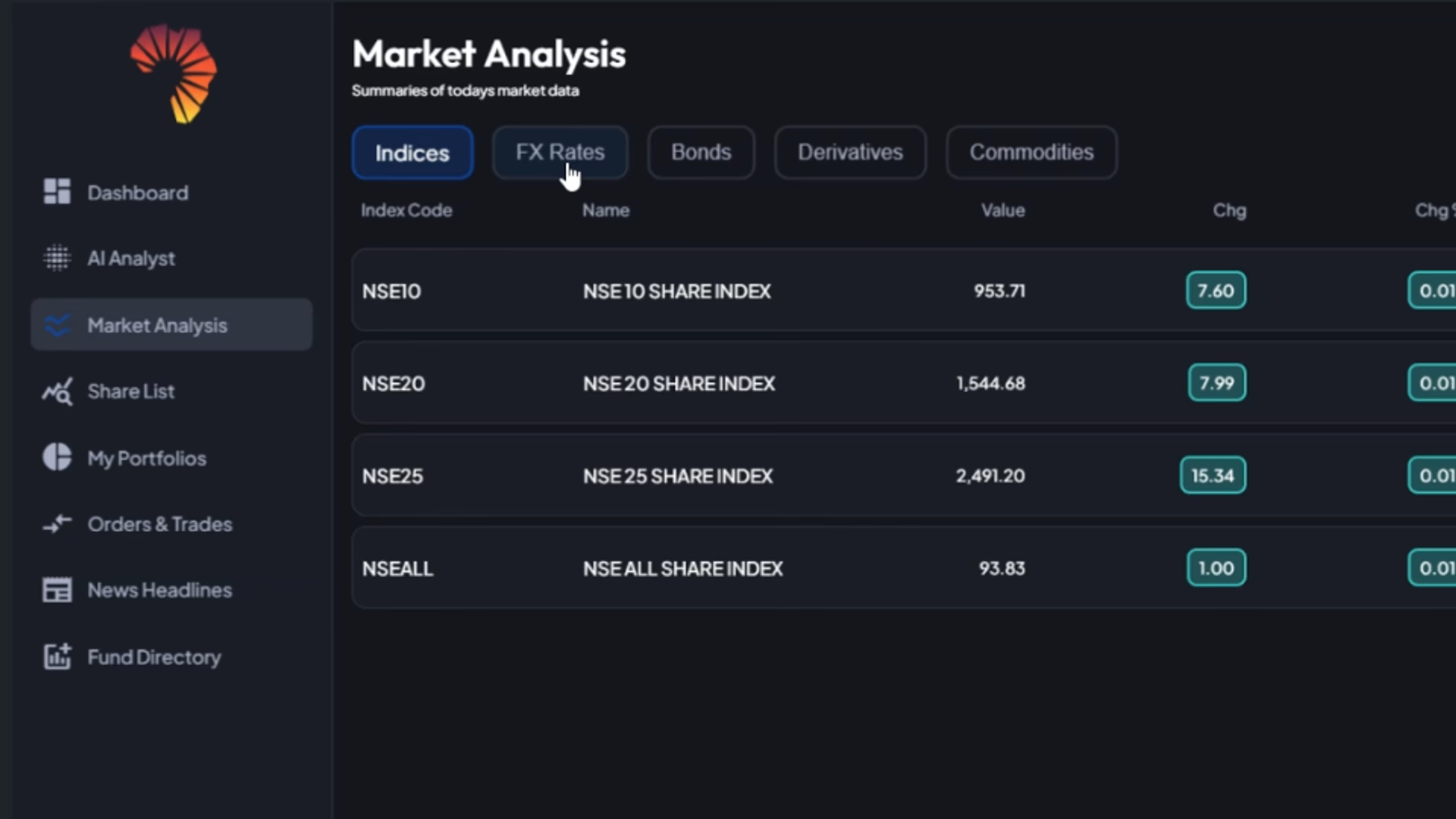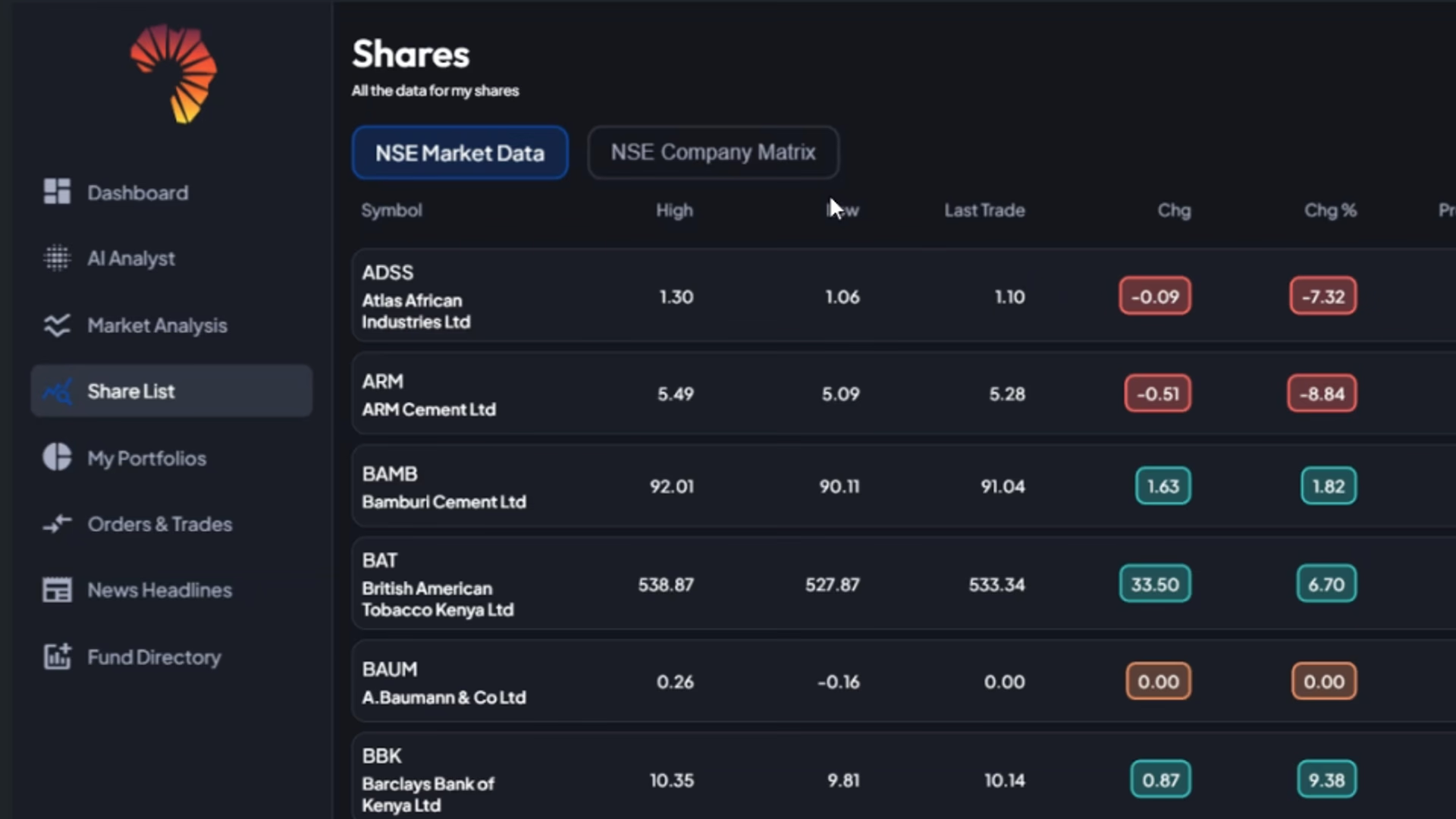Inadequate rail, road, air and waterways network is driving up the value of exports by as much as 70 per cent for the landlocked countries within the Comesa region.
Ministers of infrastructure from the COMESA region are calling for mobilization of funds from national resources, public private partnerships, foreign direct investment and development partners to close the rising infrastructure gap.
Since the onset of the COVID -19 pandemic, the infrastructure gap has increased as resources were shifted towards the needs of the pandemic.
It is estimated that African infrastructure gap increased in the year 2020 to between $59 billion and $96 billion.
Rwanda Minister of State in the Ministry of Infrastructure, Patricie UWASE, noted that despite the positive efforts of Member States, regional infrastructure is still lacking in terms of its quantity and quality. In addition, she noted, national policies sometimes hinder ease of trade, mobility and logistics.
“Inadequate networks of road, rail, air and waterways make transport costs in Africa to be among the highest in the world. For the landlocked countries, these costs account for as much as 70 percent of the value of exports,” she added.
She called on the ministers to provide policy guidance to facilitate development and adoption of practical solutions to mitigate the infrastructure challenges to ensure adequacy of the infrastructure in relation to current and future demand.
Secretary General of COMESA, Chileshe Kapwepwe, described the lack of adequate infrastructure in many countries in the region as one of the major constraints to economic growth and development. This has resulted in inefficient ports, costly road transport, limited access to electricity and clean and safe water.
“Except during COVID-19 period, infrastructure investment in Africa has been increasing steadily over the past 15 years, and international investors have both the appetite and the funds to increase investments,” she said in her virtual address to the meeting.
Making a case for the participation of the private sector in infrastructure funding, Ms. Kapwepwe called for clear Public Private Partnership frameworks which guarantee legal protections for investors, easy acquisition of required investment permits and reduced legal and operational risks.
“As you may be aware, public funding itself is not enough to bridge the infrastructure gap, and we therefore need private sector participation. The private sector favours projects with adequate risk returns and with predictable and stable revenues,” she added.
Burundi Minister for Information and Communication Technology Leocadie Ndacayisaba stressed the importance of developing climate resilient infrastructure.
Kenya-COMESA Deal To Increase Cross Border Trade – Kenyan Wallstreet





